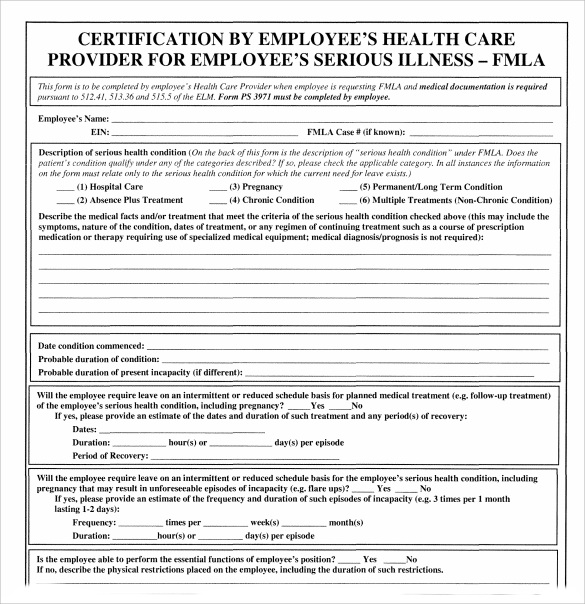5 Essential Documents Needed for Property Purchase

Buying a property is one of the most significant investments you can make, and it's not a decision to be taken lightly. Navigating through the process involves understanding a myriad of legal documents, financial considerations, and contractual obligations. To ensure a smooth and secure purchase, it's essential to have a clear understanding of the documents you'll need to collect and review. In this comprehensive guide, we will delve into the five essential documents that are indispensable for a property purchase.
The Purchase Agreement


The journey of buying a property begins with the Purchase Agreement or Sales Contract. This document lays the foundation of the transaction, detailing:
- The property’s address and legal description.
- Agreed-upon sale price.
- The terms and conditions of the sale, including timelines for deposit, closing, and contingencies.
- Contingencies like home inspections, financing, and property appraisals.
- Disclosures from the seller regarding known issues with the property.
It is vital to have a lawyer review this document to ensure that your interests are protected and that the agreement adheres to local real estate laws.
Title and Deed


The Title signifies the legal right to own a property, while the Deed transfers that right from the seller to the buyer. Key points to consider include:
- A title search to confirm there are no liens, encumbrances, or legal issues attached to the property.
- A title insurance policy to protect against future claims or defects not found during the search.
- The type of deed (warranty, quitclaim, etc.) and its implications on the buyer’s rights.
🔒 Note: The title and deed processes are vital to safeguarding your investment. Missing or unresolved issues here could lead to costly legal disputes.
Home Inspection Report


Before you sign the dotted line, a Home Inspection Report provides an independent assessment of the property’s condition. Here are critical aspects:
- Structural integrity, including foundation, roof, and walls.
- Electrical systems, plumbing, and HVAC.
- Potential issues like mold, pests, or environmental hazards.
- Cost estimates for repairs or improvements.
This document helps you understand the home’s current state, allowing for negotiations or even reconsideration of the purchase if significant issues arise.
Appraisal Report


An Appraisal Report is often required by lenders to verify that the property’s value supports the loan amount. It includes:
- A detailed comparison with similar properties in the area.
- An estimate of the home’s market value.
- Any adjustments for unique features or recent improvements.
📝 Note: The appraisal must be completed by a certified appraiser, and discrepancies can impact financing.
Closing Disclosure and Settlement Statement


As you approach the closing date, you’ll receive the Closing Disclosure and the Settlement Statement (HUD-1), which summarize the:
- Final costs, including loan costs, taxes, and escrow amounts.
- Adjustments for prepaid items like taxes or HOA dues.
- Any prorations of income or expenses between the buyer and seller.
- All details regarding the transfer of funds at closing.
These documents must be reviewed meticulously, often with the assistance of your legal or financial advisor.
Wrapping Up

In summary, understanding and collecting these essential documents are crucial steps in the property purchase process. The Purchase Agreement sets the legal framework; the Title and Deed ensure you’re buying a clean title; the Home Inspection Report protects against unseen issues; the Appraisal Report validates your investment; and the Closing Disclosure and Settlement Statement finalize the financial aspects of the transaction. Ensure you gather these documents, review them thoroughly, and seek professional advice where necessary to navigate this complex yet rewarding journey of property ownership.
What if a problem arises during the title search?

+
If a problem arises, such as a lien or legal dispute, your attorney or title company will work to resolve it. This might involve negotiation, payment, or legal action to clear the title before you proceed to purchase.
Can I skip the home inspection?

+
While it’s not mandatory, skipping the home inspection is highly inadvisable. The inspection can reveal hidden problems that might cost you significantly more in the long run if not addressed.
How does the appraisal affect my loan?

+
If the appraisal comes in lower than the purchase price, you might need to renegotiate the price, bring more cash to the closing, or reconsider the loan terms, as lenders will not lend more than the appraised value.
What happens if there’s a discrepancy in the closing documents?

+
Any discrepancies should be addressed immediately. Your lender, realtor, or closing agent will need to clarify or adjust the figures. Closing cannot proceed until all parties agree on the final costs and terms.
Can these documents be reviewed by someone other than a lawyer?

+
While a lawyer is recommended for legal nuances, a financial advisor or real estate agent can also provide valuable insights. However, legal matters require specific expertise, so a lawyer’s review is crucial.



